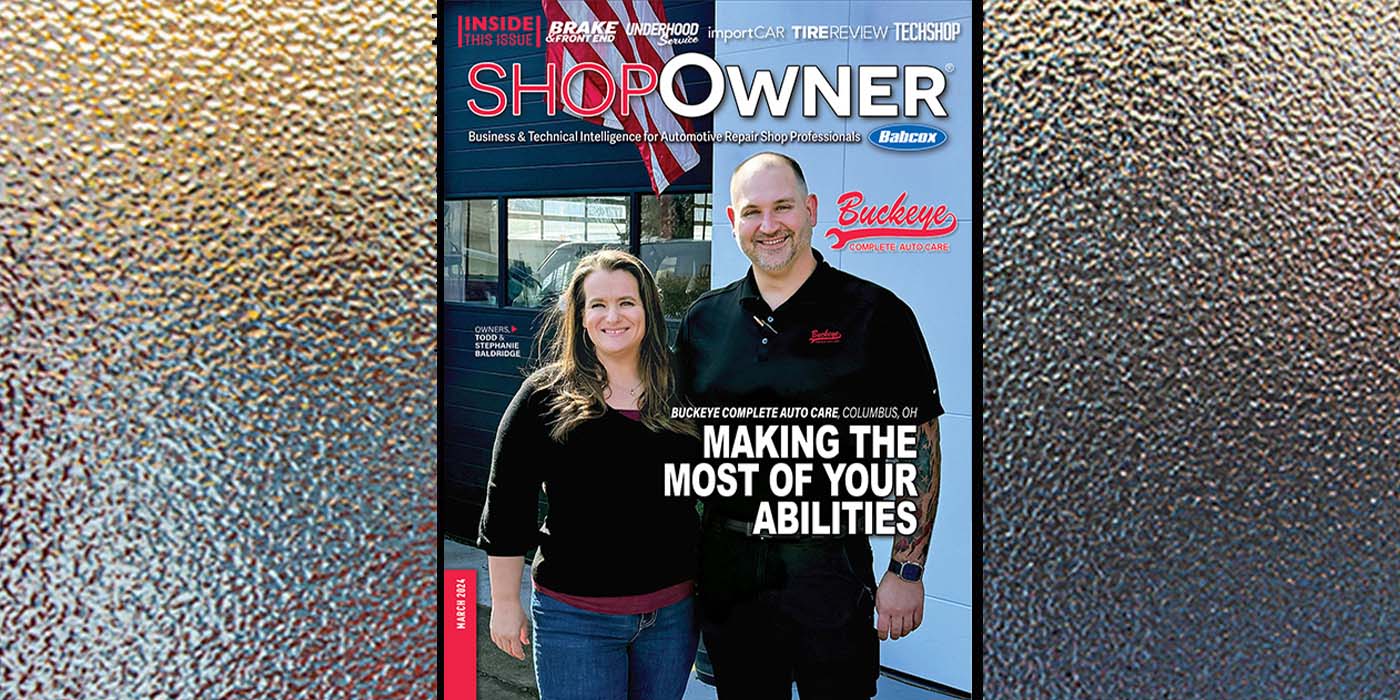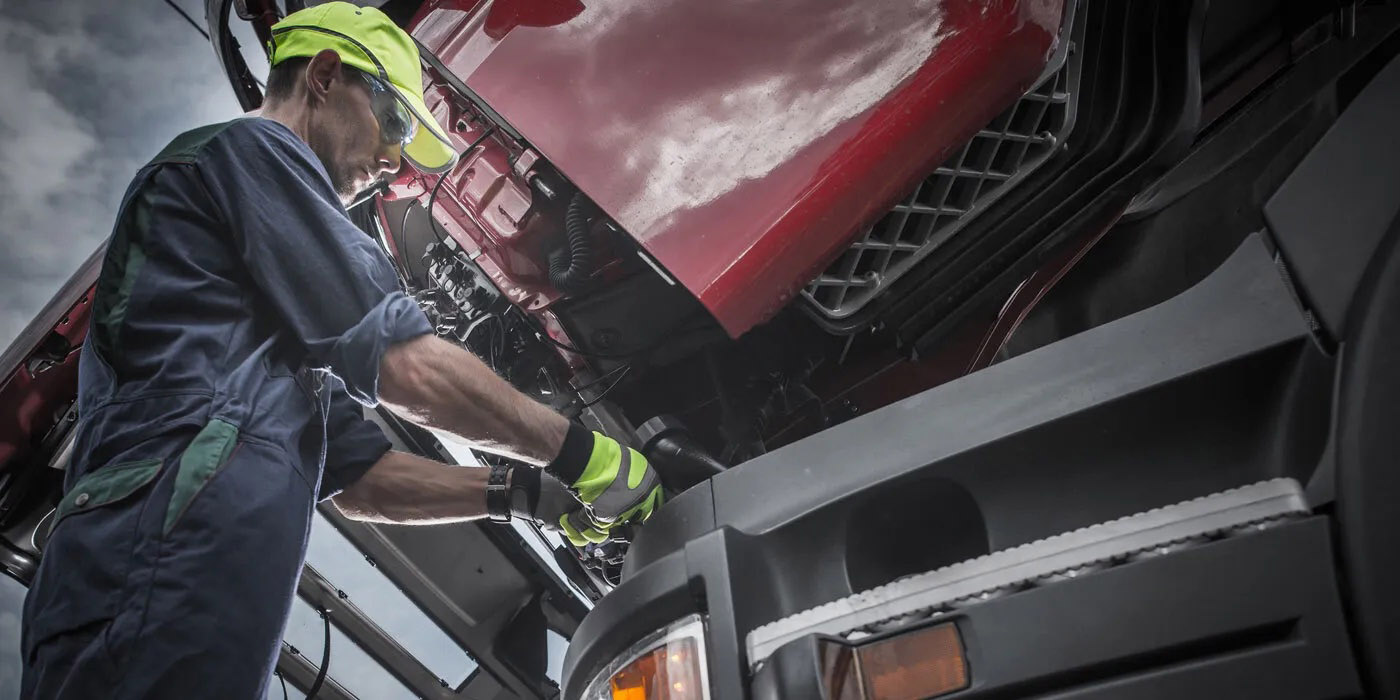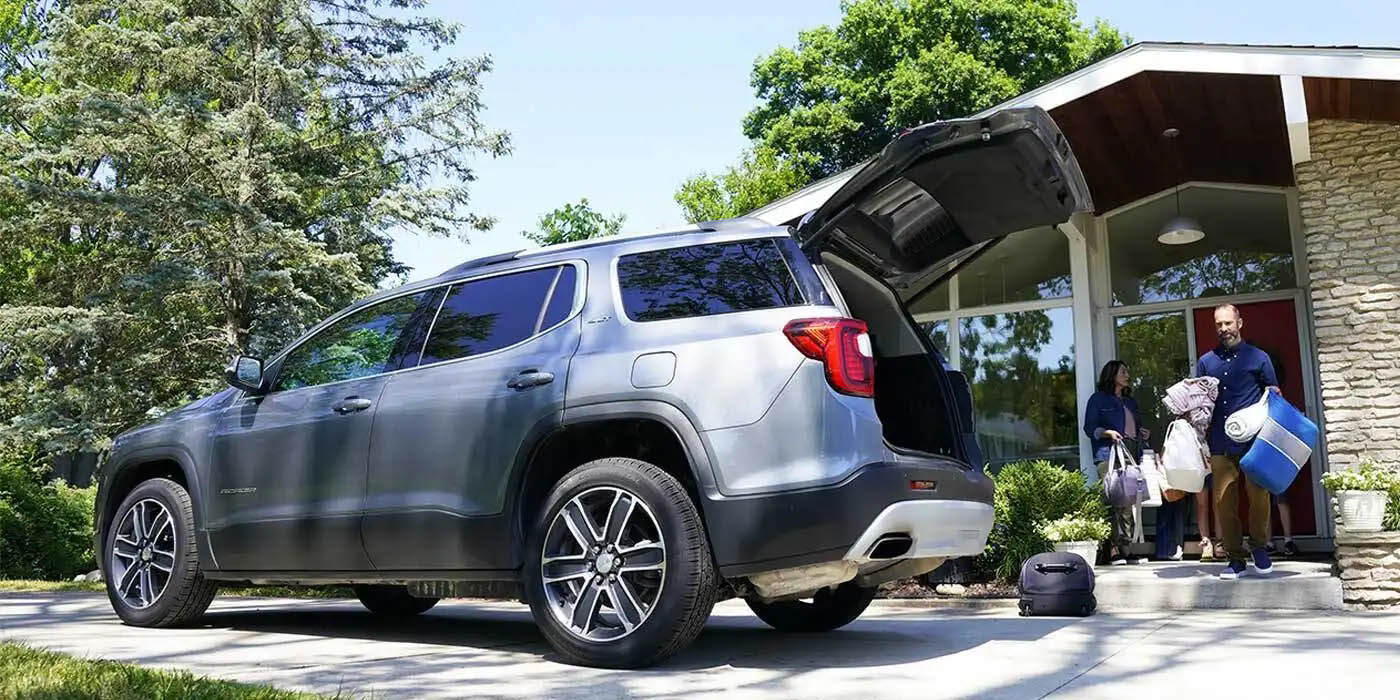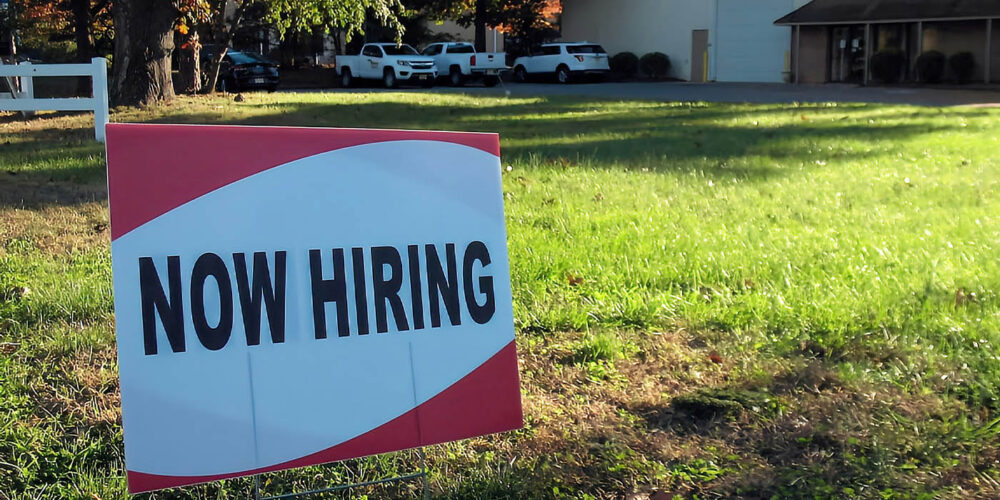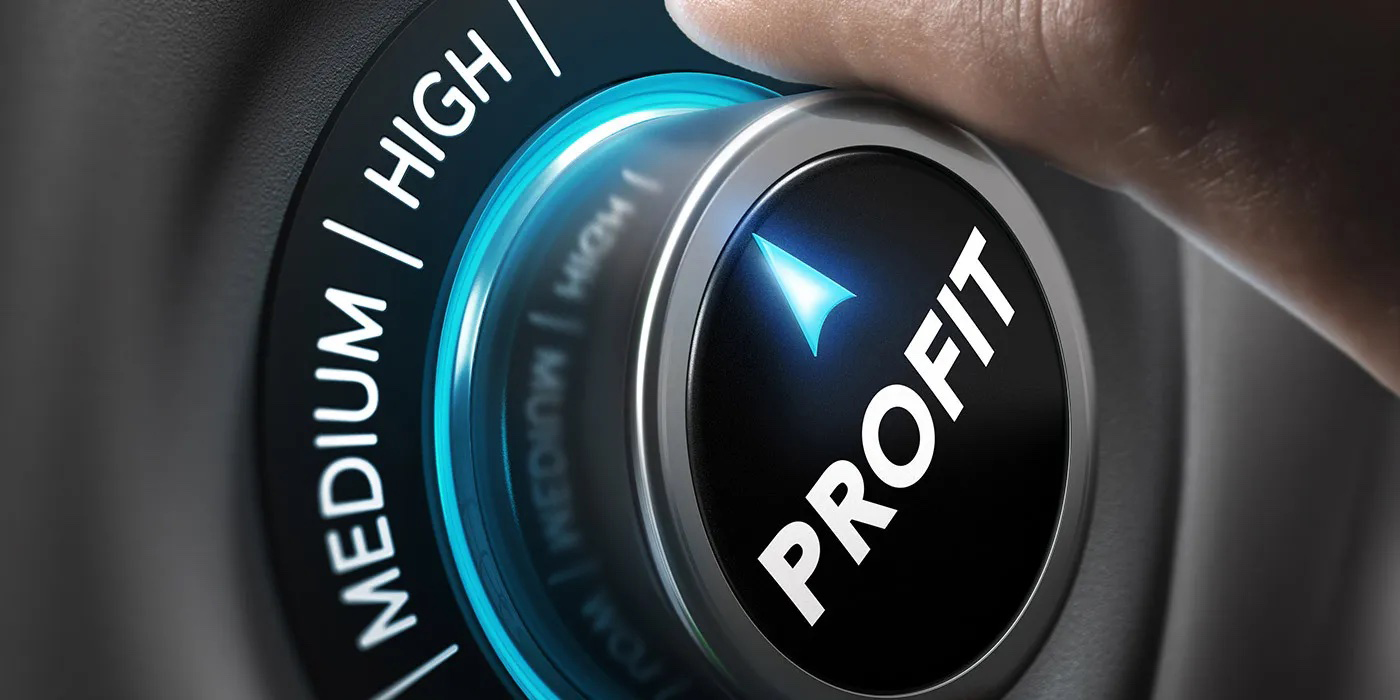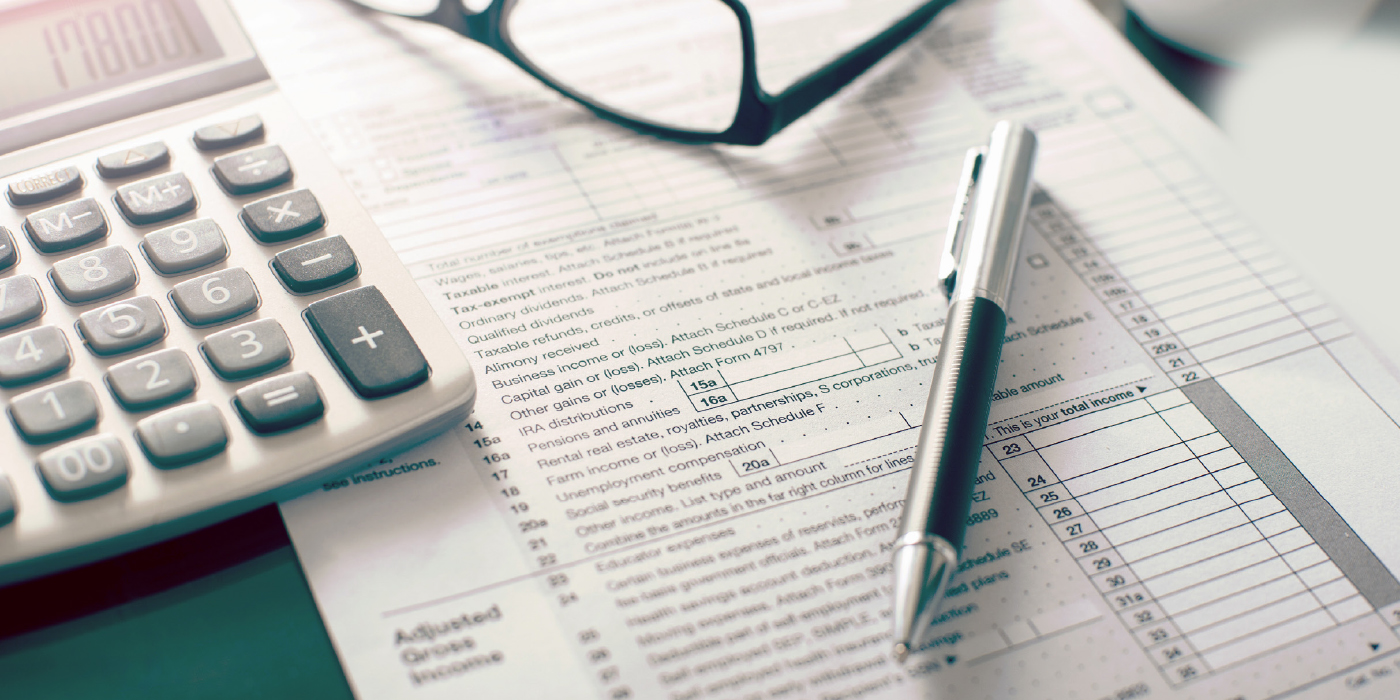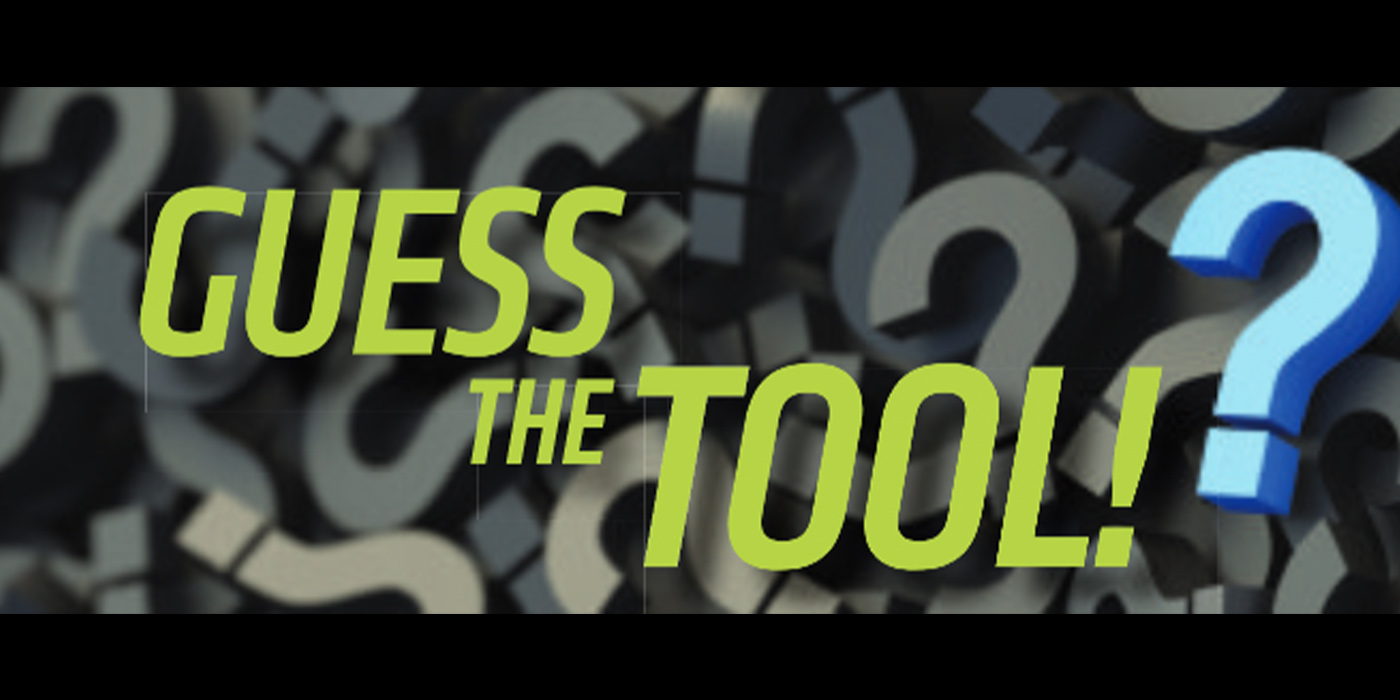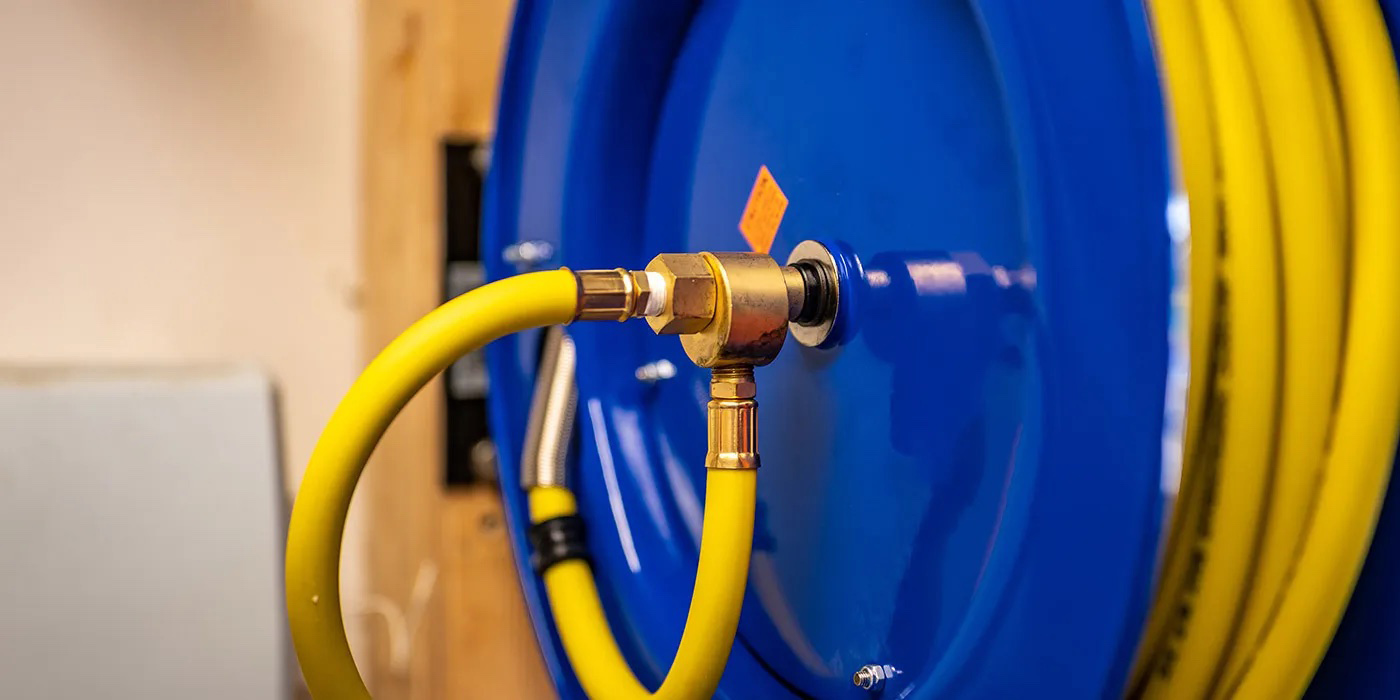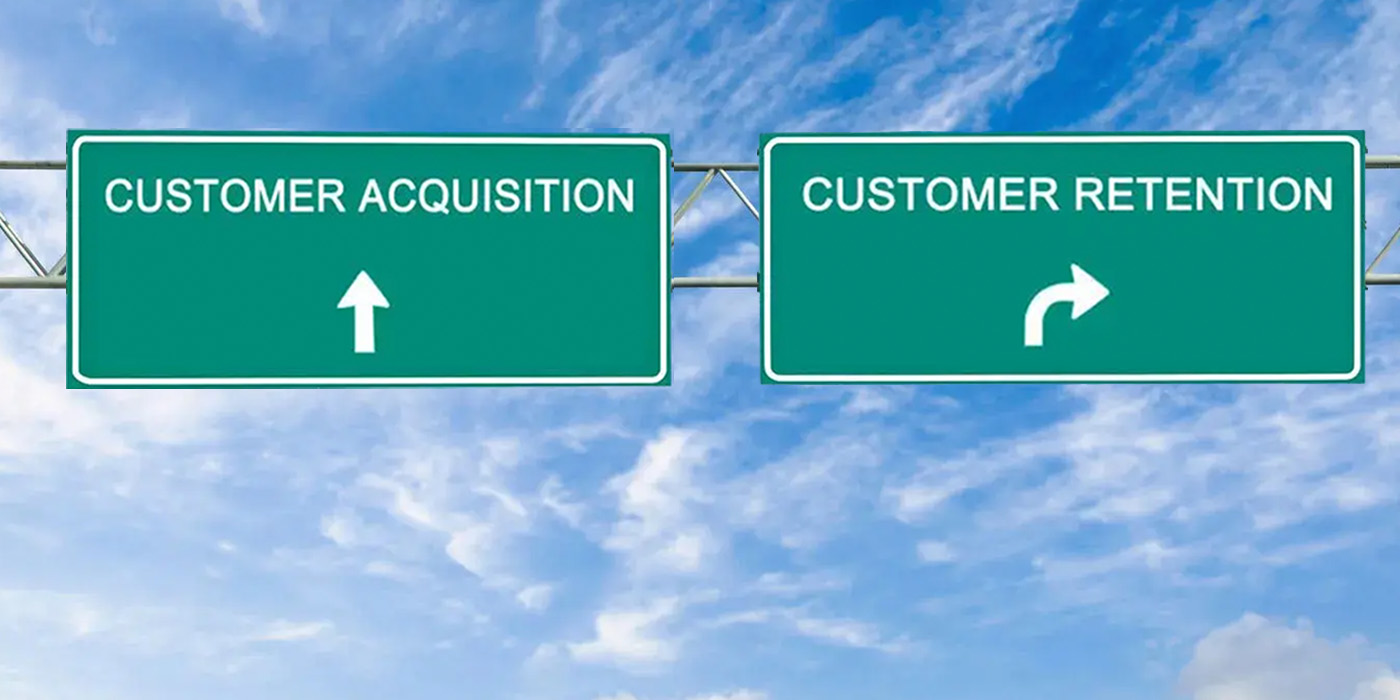Equipment costs are unavoidable. Whether it’s the front of a shop, back office or in the bay, repair shop owners and tire dealers need a variety of tools to keep their businesses running. The debate for many owners is if they should buy or lease this equipment.
So when it comes time to make equipment acquisition decisions, it’s important for business owners to understand the pros and cons of buying and leasing.
“For those businesses that want to stay competitive, it is critical to be strategic about how you acquire equipment,” says William Sutton, president and CEO of the Equipment Leasing and Finance Association (ELFA).
There are several factors to consider when acquiring equipment for a business including a business’ needs and goals. Businesses should also consider their budget and cash flow, tax benefits, the length of time they need the equipment, and terms of purchasing contracts, the experts say.
Cash Flow
Tim Morgan, president of the Equipment & Tool Institute board and managing director of Spanesi Americas, notes a benefit of leasing equipment is to save cash for other expenses.
“In today’s economy, why spend your reserves of cash on equipment when you can use a bank’s money for the equipment and your cash reserves for ‘bumps in the road’?” he says.
Morgan advises, however, when trying to decide if a lease is right for your business, to consider more than just the monthly payment.
“I advise customers when leasing equipment, they need to look at hours of operation and days of operation. Divide those into the monthly payment and there is your actual cost of operation,” he says. “Looking at the hourly costs and comparing them to the increase in productivity and production should offset the lease cost in labor hours. Don’t look at just the payment, dig down and see what your actual hourly costs are.”
ELFA’s Sutton also notes that leases can offer businesses more flexibility than choosing a loan to buy a piece of equipment outright.
“The decision to lease or buy also depends how flexible your business wants the financing terms to be,” he shares. “A lease can provide greater flexibility, since it can be structured for a variety of contingencies, whereas with a loan, flexibility is subject to the lender’s rules.”
According to the Small Business Association (SBA), one con of leasing is it can be more expensive than buying after interest and fees are paid.
“Businesses need to weigh the cost of lease payments versus the cost of buying a piece of equipment, and the interest on a bank loan versus interest on lease cost. Leasing is generally more expensive than buying,” says Gary Sutherland, secretary of Akron’s SCORE chapter. SCORE, a SBA group, is a national non-profit dedicated to helping small businesses grow.
As part of a business’ budget and expense considerations when making equipment decisions, tire dealers should also be aware of tax benefits.
Under the tax code, if something is found to be a lease or conditional sales contract, a business may deduct payments as rent, according to the Internal Revenue Service. If a business purchases a piece of equipment outright, it may qualify for depreciation deductions, the IRS says.
“A loan provides you with a depreciation tax benefit; with a lease, the lessor owns the equipment and realizes the tax benefit, which is usually reflected in a lower monthly rent payment for your business as well as the ability to expense the payment,” Sutton shares.
Know Business Needs
When considering buying or leasing equipment, it is important to know how long a business may use the equipment, the experts note.
“As a first step, consider how long you will need the equipment. Generally speaking, if the length of time the equipment is expected to be used is short, usually 36 months or less, leasing is likely the preferable option,” ELFA’s Sutton says. “Equipment expected to be used for longer than three years could be a candidate for either a lease or a loan.”
Equipment lifespan should be another consideration.
“A pro for leasing would be with things that need to be updated regularly, such as technology. In that case you may not want to own anything because it becomes worthless,” Sutherland explains.
“Businesses tend to lease things that have a shorter service life, like printers, computers and maybe vehicles.”
Understand the Lease
If a business decides to lease a piece of equipment, it is important for the business to understand the terms of its lease.
“If a business is going to lease equipment and turn it back in, at the end of the lease agreement, a business would want to know the residual value of the equipment. Is there a guaranteed buy back price? Is there a limit on what that price is going to be?” says Sutherland.
He also notes that a business should inquire if the lease has any restrictions.
“For car leases, there’s mileage restrictions. If you have a lease you can only drive it 8,000 a year or you’re going to pay a penalty. For a printer there may be a volume limitation. A business needs to understand what limitations are, and what happens if you go over,” he shares.
The SBA shares that although leasing agreements can come with perks, they can also be rigid and unbreakable. In some cases businesses may even be forced to pay for equipment even if they are no longer using it, the SBA says.
ELFA’s Sutton says there are additional questions to consider: What would happen if a lease needed to change or end early? What is the business’ responsibility if the equipment is damaged or destroyed? Can you upgrade or add equipment under the ease? And are there any extra costs at the end of a lease?
When it comes to leasing, there are also two types of leases businesses need to be aware of: fair market value leases and $1 buyout leases.
A fair market value lease is an operating lease to use equipment. With fair market leases a business typically leases equipment for a certain period of time and turns it back in, according to the ELFA. With a fair market value lease a business is typically not paying the full cost of equipment, so payments can cost lower than if the equipment was purchased outright or with borrowed capital, the association said.
A $1 buyout lease is basically a lease to own. A $1 buyout lease offers 100% financing and no down payment, which enables business to preserve cash.
Whether considering a lease or buying equipment outright, each tire dealer must decide for themselves which option will work best for their business.
Article courtesy of TIRE REVIEW.

